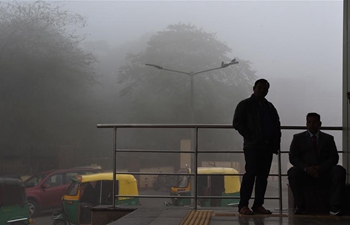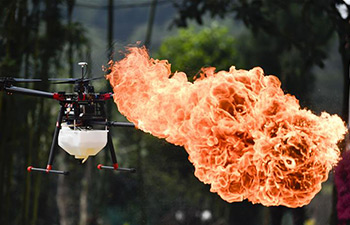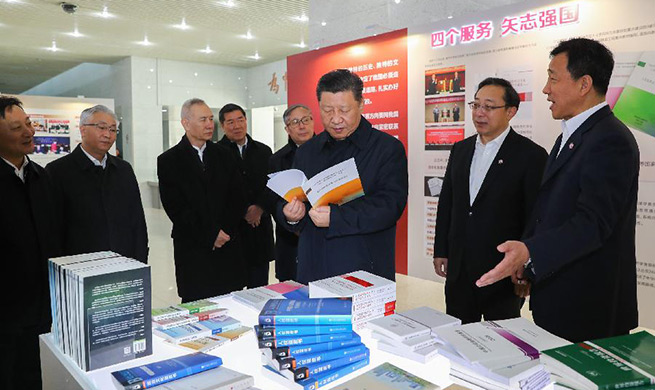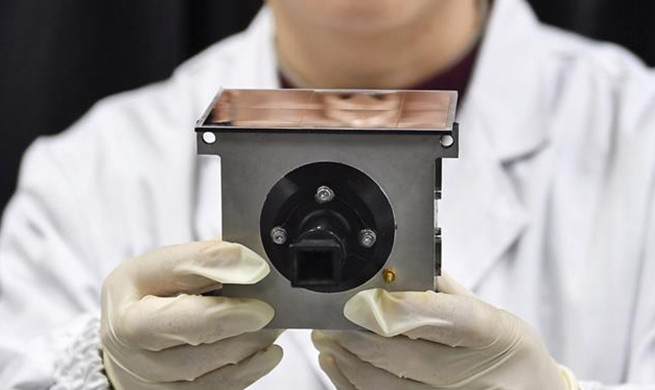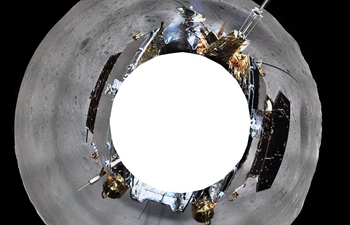WELLINGTON, Jan. 18 (Xinhua) -- Researchers from New Zealand-based GNS Science have investigated whether the various ways to measure carbon emissions from cities give consistent and accurate readings.
"Knowing exactly how much fossil fuel emissions are generated by urban areas can help us track the progress of emissions mitigation plans," radiocarbon scientist Jocelyn Turnbull of GNS Science who led the study said on Friday.
In a paper published in the Environmental Science and Technology journal this month, Turnbull and her co-authors found the three methods are largely consistent.
"This gives a level of confidence that we didn't have before, because it means each method can potentially be used as a stand-alone way for obtaining meaningful results," Turnbull said, adding using two or more of the methods would reduce uncertainties even further.
Turnbull is involved in collaborative projects to assess emissions in Indianapolis, Paris, Boston, Melbourne, Washington DC and Auckland.
In Auckland, GNS Science is leading a pilot Auckland Carbon Emissions study to develop a full carbon budget for Auckland City.
"This will be one of the few studies in the world using very precise radiocarbon measurements to quantify an urban carbon budget," Turnbull said.
This initial study will be expanded in 2019 as part of the CarbonWatch-NZ project which will use atmospheric measurements to determine the carbon budget for all of New Zealand, according to the scientist.
